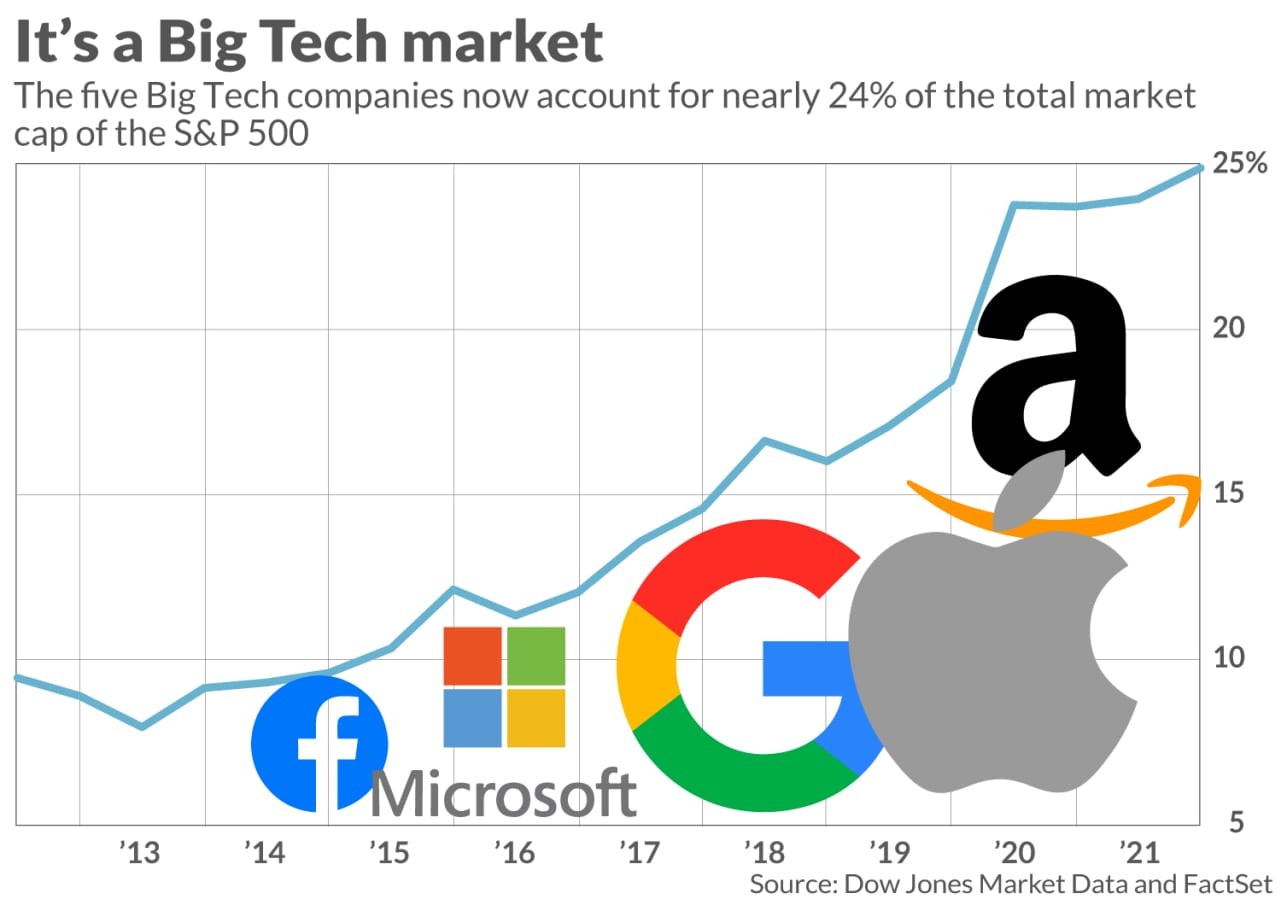
As we enter 2025, the tech industry stands at a pivotal turning point, with major players facing unprecedented challenges that signal the potential downfall of Big Tech's dominance.
Industry giants are grappling with criticism from an unlikely alliance of political parties, mainstream media, and even prominent venture capital firms like Y Combinator and a16z, who are now championing "little tech" alternatives.
The current Big Tech business model has revealed serious flaws. The Microsoft-owned CrowdStrike outage of 2024 demonstrated how concentrated power and corner-cutting can lead to catastrophic failures affecting hospitals, banks, and critical infrastructure globally.
Adding to their troubles, the artificial intelligence market - a major investment focus for tech giants - is showing signs of weakness. Leading financial institutions Goldman Sachs and Sequoia Capital have publicly expressed concerns about the massive costs of AI development versus limited market returns.
Privacy concerns continue to plague AI initiatives. Microsoft's controversial "Recall" product announcement in June highlighted these issues, proposing to capture screenshots of all user activity for AI-powered memory enhancement - a move that faced immediate backlash.
However, as Big Tech struggles, new alternatives are emerging. European initiatives are exploring independent tech infrastructure through collaboration between open source developers and industry experts. Innovative investment models are being developed that combine traditional venture capital with support for open, nonprofit tech infrastructure.
Government involvement is also evolving, with programs like Germany's Sovereign Tech Fund showing how state capital can support open source infrastructure while maintaining independence from direct government control.
The industry appears poised for transformation, with resources and talent potentially shifting toward building a more democratic, transparent, and user-focused tech ecosystem. As established tech giants face mounting challenges, 2025 may mark the beginning of a new era in technology, prioritizing public benefit over centralized control.